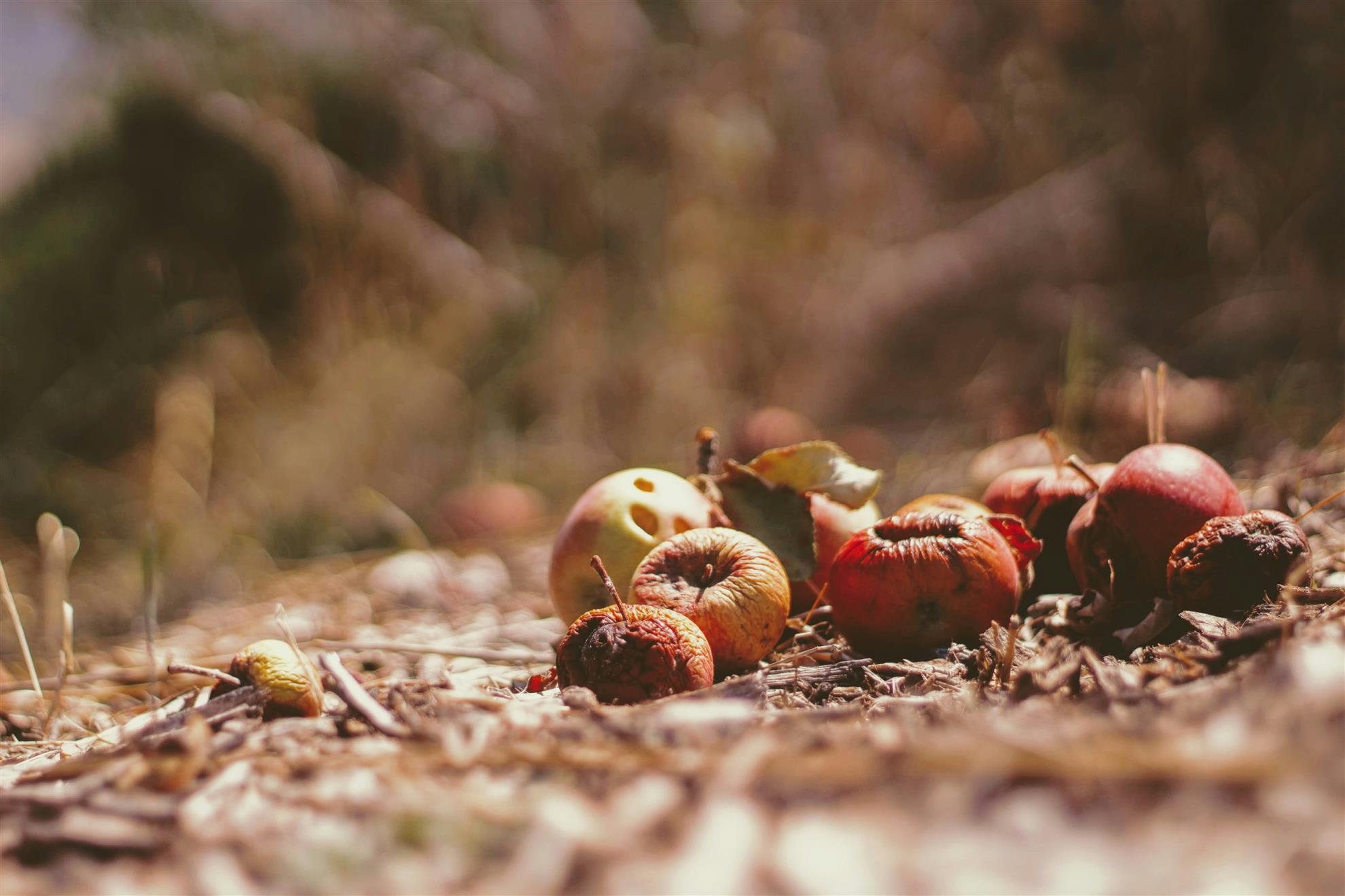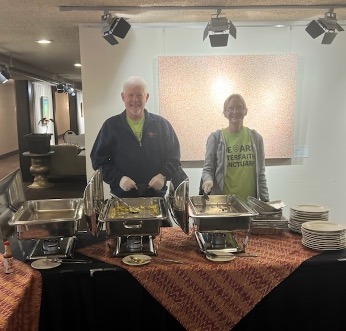Joe Levitch from Boise Sunrise saw how much leftover food was involved in the Boise Sunrise’s weekly meetings and decided to take action to address that issue. For the last 2 years, a team of “gleaners” comes into the club’s breakfast meetings and, packages up this food, and then takes it to Interfaith Sanctuary, where it is promptly consumed. This is a simple and effective solution to an issue that has a significant effect on the calculated carbon footprint of the Boise Sunrise Club meetings.
To facilitate these gleaning efforts, the club’s board authorized expenditures last year to provide this team with new reusable containers to package and transport the food. We are committed to doing what we can to enable these dedicated individuals in their efforts to get this food to clients at Sanctuary who appreciate it and eat it.

Here are some statistics about food waste:
- In the United States, 30–40% of food is wasted, about 133 billion pounds and $161 billion worth of food in 2010. More food is wasted at home than in restaurants.
- Food waste globally: Households waste over 1 billion meals worth of edible food every day.
- Food waste and the environment: Food loss and waste generate 8–10% of greenhouse gases (GHGs), representing a methane hotspot.
- Food waste and expiration labels: More than 80% of Americans throw away good food because they misunderstand expiration labels. The key is knowing the difference between “Use By,” “Sell By,” and “Best By.”
- New internet trends like “Mukbang” (i.e. a type of broadcast that features a host eating a large quantity of food while interacting with an audience) lead to excess food waste.
- Food waste and funding: In 2019/20, only $0.1 billion was invested annually in food loss and waste reduction, which is a small fraction of the estimated $48–50 billion annual needs.
- The EPA estimates that food accounts for 24% of municipal solid waste in the USA, more than any other material in trash.
Some actions that we as individuals can take to minimize food waste:
- The book “101 Tips For a Zero-Waste Kitchen” by Kathryn Kellogg is a terrific reference text.
- Planning a weekly menu and only buying the food supplies for those meals effectively reduces food waste.
- Freezing leftovers is a simple way to reduce food waste at home and prepare tasty food for future meals.
When we keep our eyes and our hearts open and lean into Rotary’s motto of Service Above Self, opportunities to support our neighbors and to support the environment can be found. Joe Levitch at Boise Sunrise did exactly that and spearheaded a project that quietly leaves it better than we found it every week after our club meetings.




